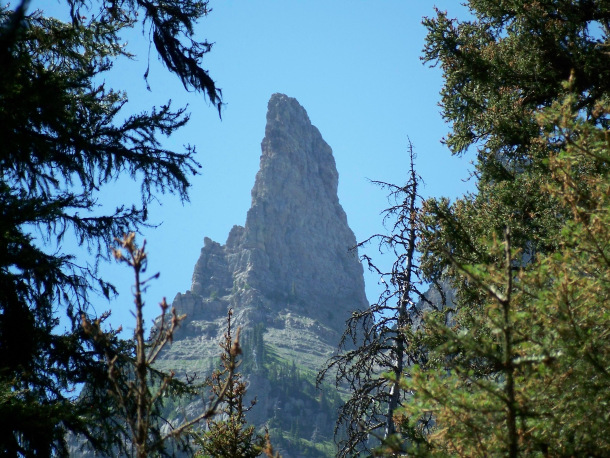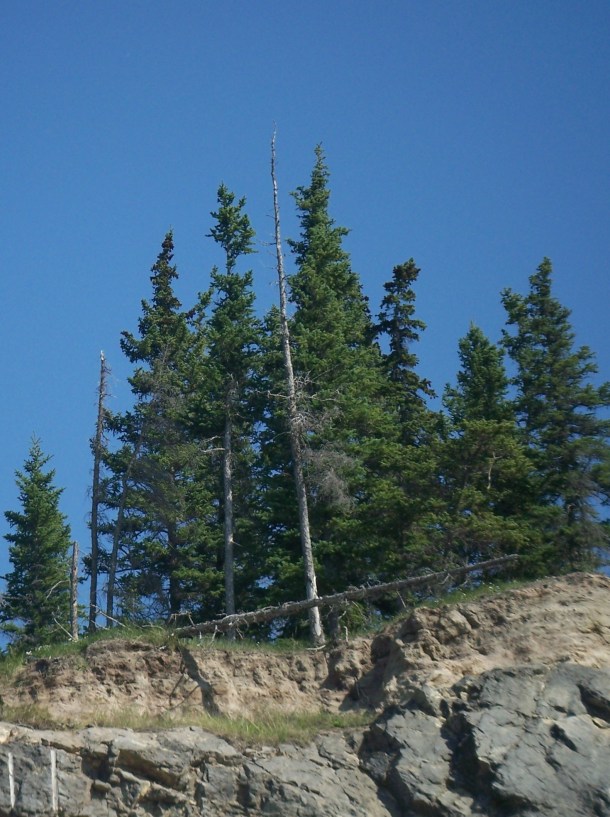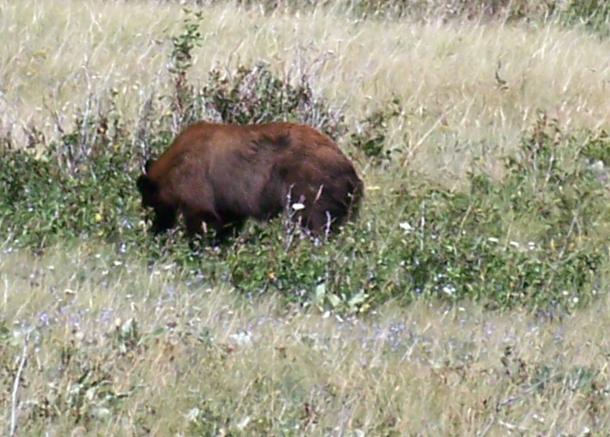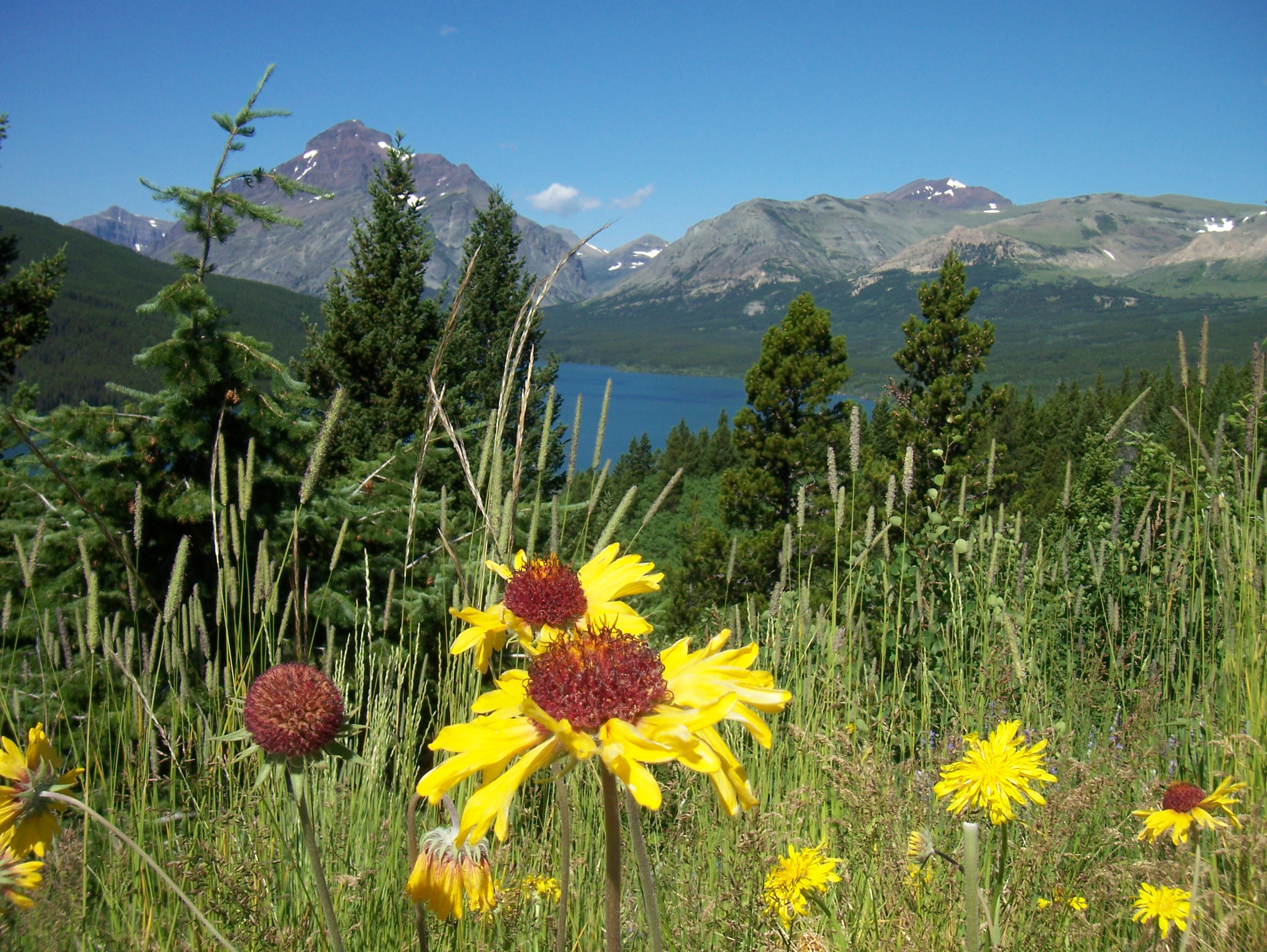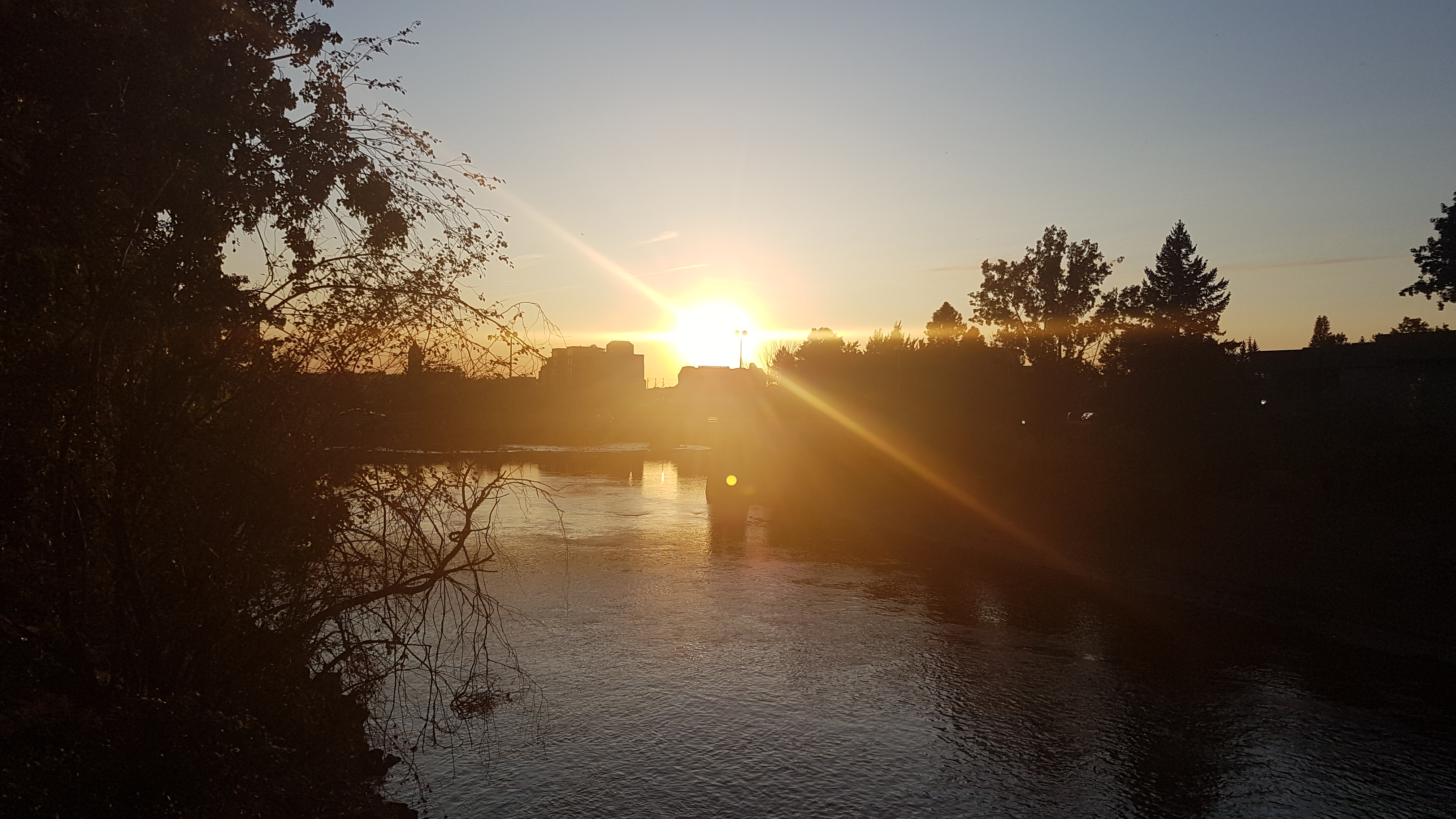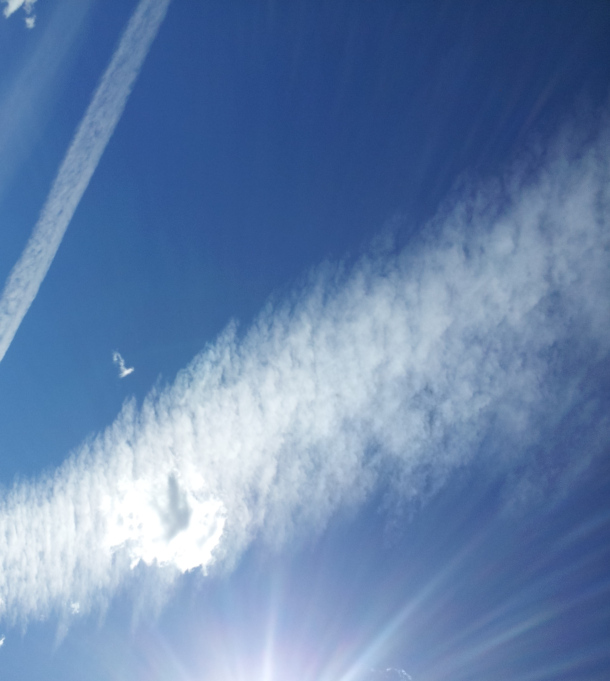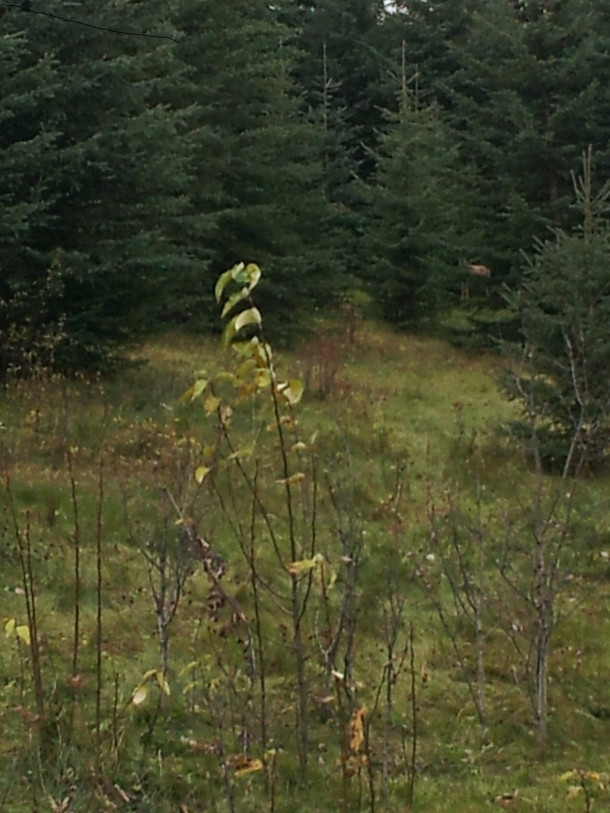In a world with a shortage of civil discourse, we have reduced talking to talking at people. There is a binary process where we say yes or no, turn on or off, incude or exclude people. This leads to thinking in limited ways about choices we face. In fact, I think we end up dependent on those we perceive to be in charge to make decisions on our behalf. This is happening in education as we try to figure out how to get students back in class. As I listen to politicians, educationalists, teachers, parents, etc., what impresses me is we have limited our choices to re-opening schools completly, often without adequate resources and human capacity. or some form of remote learning, as if these are the only two choices. Other choices e.g. home school seem to be excluded, understood as marginal.
Quite a few years, I introduced daily conversation circles. We used them to clarify from my perspective, Also, students shared what they wanted. At the beginning of the school year, each student introduced themselves. It seems small, but this often goes unattended in groups, regardless of where they exist. In my experience, each student, humans in general, want a voice in their learning and work; a voice often cancelled.
In our conversation circles, we used a ‘talking stick.’ The person with the ‘talking stick’ is the speaker and others listen. The ‘talking stick’ was a gift from a parent who was a member of a First Nation. It had some traditional meaning attached to its design. In an era of digital technologies, the talking stick reinforces a civilty of face-to-face conversation which we increasingly need in our world.
In our small school, parents played an integral role, including and not limited to meaningful teaching in the classroom, teaching complementary courses, teaching at home, etc. I shared about our small school in a post called Soul’s Choice, so won’t add more here. My experience and research suggests, after Kindergarten, parents and teachers are somehow on a different team. But, as one teacher proposed, “We share something; the love of a child.” In bringing children back together, we need to hear from two essential voices, often excluded from the conversation about teaching, parents and teachers.
The following is a poem that rattled around for a few days. It might be a bit rought around the edges, but I thought it needed to see the light of day.
Reducing to binary,
Simplifying choice–
0 or 1,
Silencing others.
Inserting ‘and’ in conversations,
Accepting ambiguity–
Listening with one’s heart,
(In)forming community.
Embracing each child,
Loving without conditions–
Parent and teacher raison d’être,
Centring our calling.
Educating,
Sharing purpose–
Making whole,
Caring and healing together.
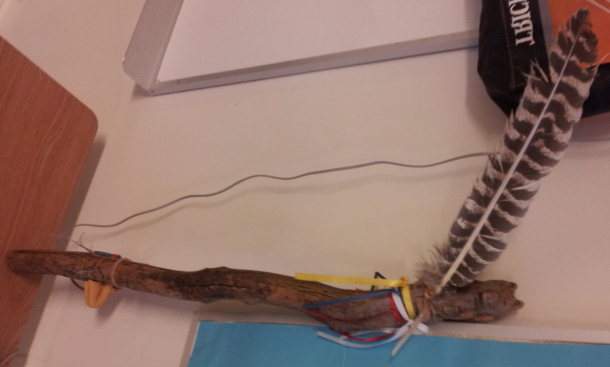
The picture is the talking stick, which I still have. The following is a short description of the symbolism of the talking stick. The wood is driftwood which came from a local lake and reflects nature’s contributions to conversation circles. Someone carved a bear head into the top of the stick. In some traditions, the bear symbolizes courage, freedom, and power. The feather is from a hawk. Hawks are visionary and guide the person. The coloured ribbons represent the four directions in the circle. The parent attached a medicine bag. The medicine bag heals, guides and protects, and has materials or objects of value to its carrier.
